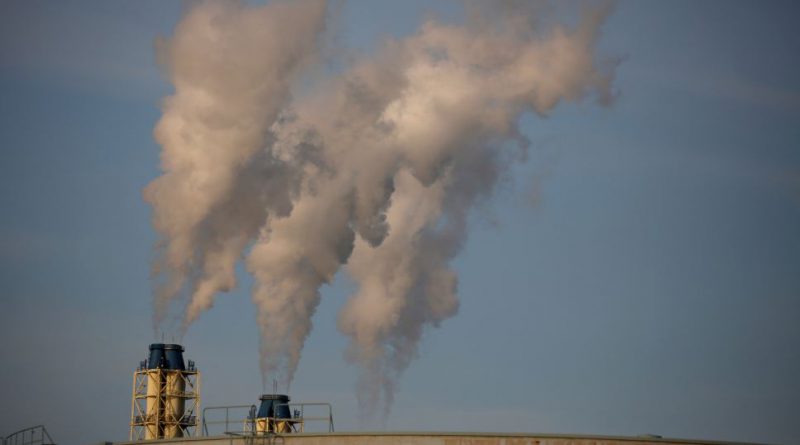Asia refiners expect Saudi Arabia to cut August crude prices
Singapore (Reuters) – Asian refiners expect Saudi Arabia to lower prices for its crude supply to the region in August, a Reuters survey showed, even as the top oil exporter pledged to deepen production cuts in July as part of a broader OPEC+ deal.
Saudi Arabia in June unexpectedly raised prices for July-loading cargoes, eating into Asian refiners’ margins.
To support global prices depressed by rising interest rates and recessionary fears, the producer volunteered to cut output by 1 million barrels per day (bpd) in July on top of a broader OPEC+ deal to limit supply into 2024. [
State oil company Saudi Aramco is expected to cut the official selling price (OSP) for Arab Light crude in August by about 50 cents a barrel from the prior month, according to a Reuters survey of six refining sources.
The July OSP for the flagship grade hit a six-month high of $3 a barrel above the average of Dubai and Oman quotes.
“Saudi needs to trim prices to reflect the market movements. They have gone a bit too far from the reality in the past few months,” said one survey respondent.
Profits at a typical Singapore refinery processing Dubai crude fell to an average of $3.44 a barrel in June, from $4.78 a barrel last month.
Also, demand for August-loading cargoes, which would arrive at Asian refineries in September, could fall as some plants are set to shut for maintenance, survey respondents said.
Saudi crude prices typically closely track changes in benchmark Dubai monthly price spreads, but the two have disconnected in recent months.
Unipec, the trading arm of Asia’s largest refiner Sinopec (600028.SS) and also one of the world’s biggest Saudi oil buyers, last month sold an unusually large volume of Middle East crude on the Platts window, a platform used by global pricing agency S&P Global to set benchmark Dubai prices.
Sales by Unipec largely kept the June average of the spread between first and third month Dubai prices little changed from the previous month despite robust demand from PetroChina and Totsa, the trading arm of TotalEnergies (TTEF.PA).
The surprise July Saudi output cut and subsequent price hikes during the peak summer demand season prompted some Chinese state-owned refiners to lower supply requests as a post-COVID recovery in the world’s No. 2 economy faltered.
Saudi crude OSPs are usually released around the fifth of each month, and set the trend for Iranian, Kuwaiti and Iraqi prices, affecting about 9 million bpd of crude bound for Asia.
Saudi Aramco officials as a matter of policy do not comment on the kingdom’s monthly OSPs.
Below are expected Saudi prices for August 2023 (in $/bbl against the Oman/Dubai average):
| July | Change | est.August OSP | |
| Arab Extra Light | +2.55 | -0.80/-0.10 | +1.75/+2.45 |
| Arab Light | +3.00 | -1.00/0.00 | +2.00/+3.00 |
| Arab Medium | +2.45 | -1.50/0.00 | +0.95/+2.45 |
| Arab Heavy | +0.80 | -1.50/+0.20 | -0.70/+1.00 |



